News & Commentary
Coronavirus ‘Immunity Passports’ Are Not the Answer
A system of immunity passports in the United States threatens to exacerbate racial disparities and harm the civil liberties of all.
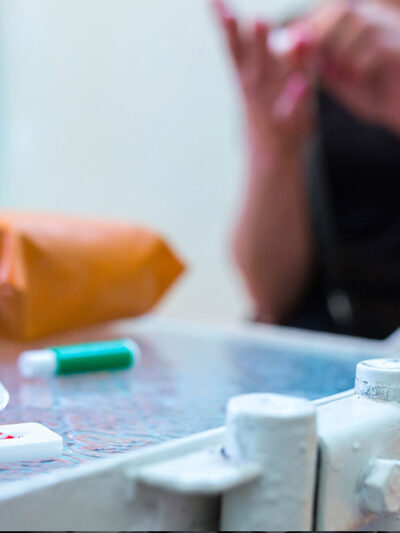
In Fear of Falling Behind and Privacy Invasions, Students Demand Action on Remote Learning
Mia’s high school peers are completing class assignments from their school parking lot because they, like many families in their rural Maryland community, lack access to internet at home. Delina, a high school junior from Arizona, has to wait until all her younger siblings finish their schoolwork using the one computer at home before she can use it to start hers. One student from New Jersey fears that the lack of privacy protections for students using remote learning technology puts their mom at increased risk of deportation. This is the reality of education in America during the COVID-19 crisis, according to the students who’ve shared their experiences with the ACLU. Students recently thrust into distance learning by school closures are worried they’ll fall behind their peers — or even have to repeat the school year — simply because their families can’t afford high-speed internet or a computer. Others fear marketers and other companies are collecting, storing, and even sharing their highly personal information because current remote learning technologies lack basic privacy protections. We’re calling on Congress and state and local governments nationwide to take immediate decisive action to address the current education crisis in America. In letters sent to state and local officials in 23 states, we’re demanding all students have equal access to the technologies that make effective remote learning possible, and that states and school districts mandate the implementation of strong and uniform privacy safeguards to protect students when they are engaged in remote learning.
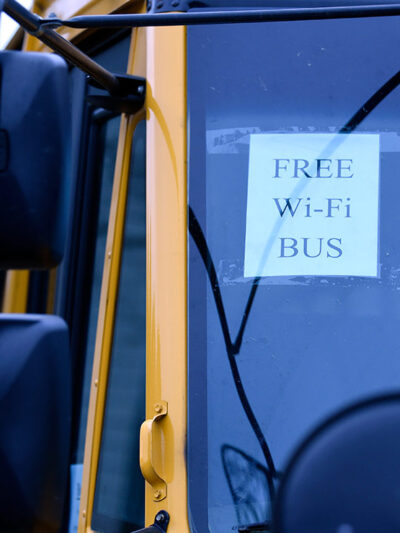
Our Privacy is on the Clock
It's not too late for Congress to right the ship on warrantless surveillance — common-sense, privacy-protecting reforms can ensure our safety while also holding our government accountable.
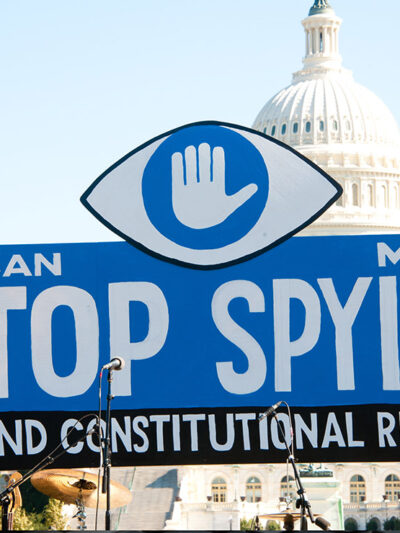
A COVID-19 Balancing Act: Public Health and Privacy
Some states are officially loosening their stay at home restrictions, and more will join in the coming months as Americans attempt to inch their way back to pre-COVID-19 life. Some of us will return to work, gather in small groups, and maybe even dine at a neighborhood restaurant.
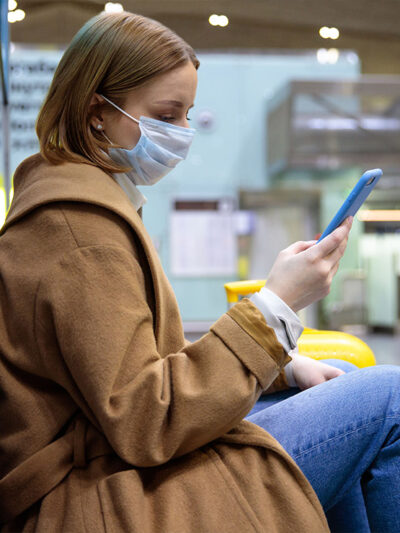
Apple and Google Announced a Coronavirus Tracking System. How Worried Should We Be?
A well-designed tool could offer public health benefit, but a poorly designed one could pose unnecessary and significant risks to privacy, civil rights, and civil liberties.
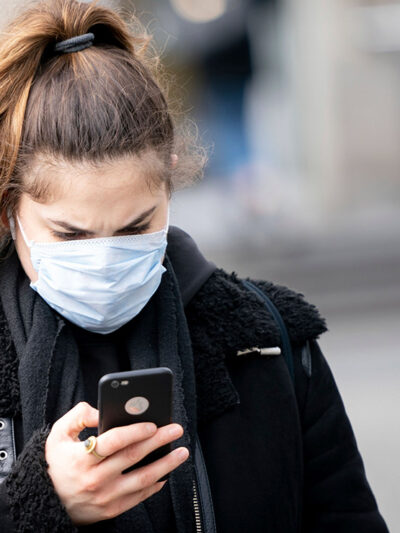
ACLU Lawsuit Over Baltimore Spy Planes Sets Up Historic Surveillance Battle
If this wide-area aerial surveillance program is allowed to move forward, we can expect mass surveillance to spread in cities across the country.
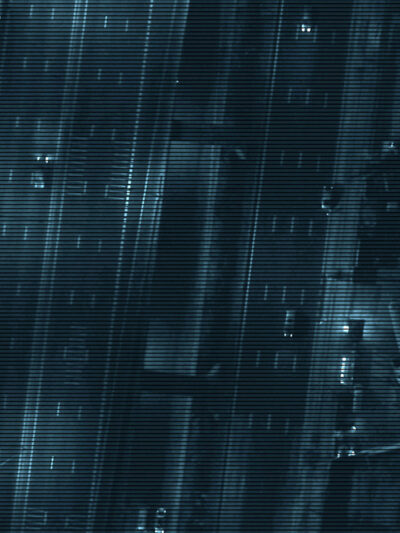
The Government Has a Secret Plan to Track Everyone’s Faces at Airports. We’re Suing.
There can be no meaningful oversight or accountability with such excessive, undemocratic secrecy.
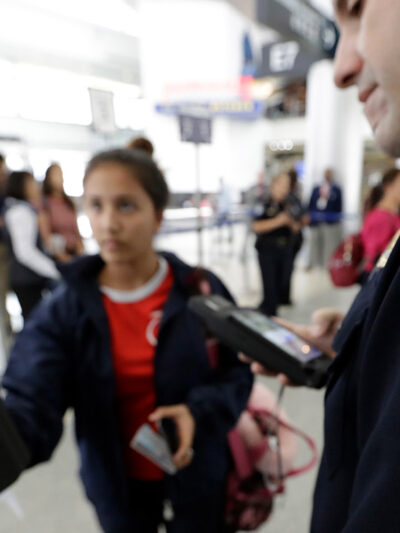
Stay Informed
Sign up to be the first to hear about how to take action.
By completing this form, I agree to receive occasional emails per the terms of the ACLU’s privacy statement.
By completing this form, I agree to receive occasional emails per the terms of the ACLU’s privacy statement.


